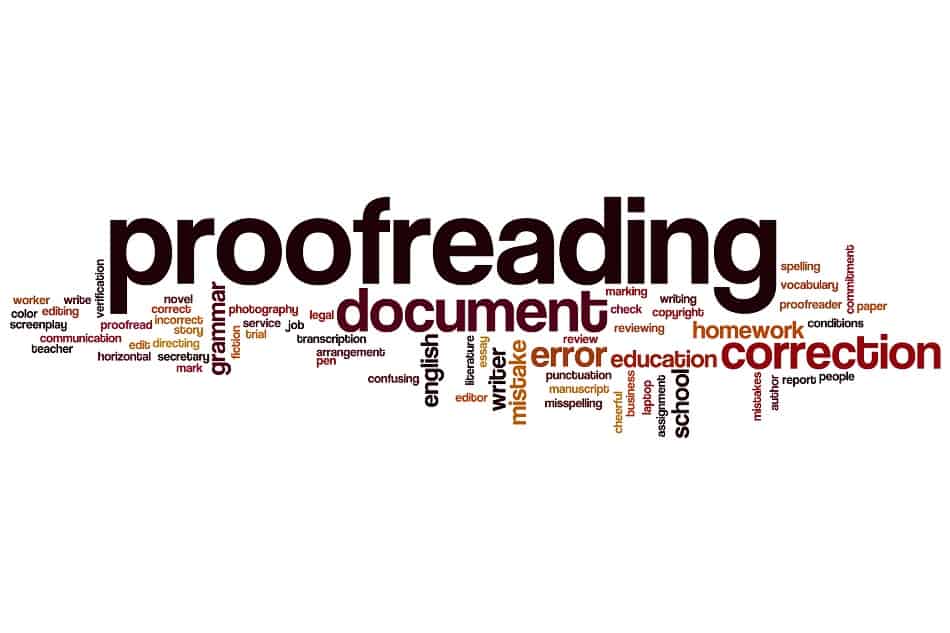Help To Get Published with an Academic Proofreader
It is virtually impossible to overestimate the value of the services a highly educated and carefully trained academic or scientific proofreader can offer when you are preparing a scholarly manuscript for publication. If, on the one hand, you are not a native speaker of English, but you need to publish your writing in the English language, a qualified professional proofreader can help you communicate as clearly and with as much precision and sophistication in English as you could were you writing in your native language. If, on the other hand, you are a native speaker of English, an academic or scientific proofreader can provide a second pair of professionally trained eyes to ensure that your writing contains no errors or inconsistencies in language or formatting and is generally polished to perfection.
The services of a professional proofreader are often engaged once a manuscript is drafted and edited by the author, but before it is submitted to a journal or publisher for consideration. Proofreaders are perfectionists with an eye for detail, and one who is familiar with your discipline and subject area can catch not only errors in typing, grammar, spelling, punctuation and formatting, but also awkward phrasing, unclear expressions, missing information, inconsistencies of all kinds and even mistakes in data. Improvements in these elements of your writing will certainly increase your chances of successful publication, and you may even want to draw your proofreader’s attention to certain aspects or parts of your document that particularly concern you.
Sometimes a proofreader’s services are sought only after a manuscript has been submitted for publication. The manuscript may have been rejected due to problems in the language and formatting used by the author, or the author may have been informed that the manuscript will be reconsidered or accepted only if such problems are resolved. A qualified proofreader is the perfect solution at such times, and his or her services will be all the more constructive if you can provide author guidelines (or the link to them) and the commentary offered by the editor. Many proofreaders and proofreading services will even present you with a certificate stating that your text has been professionally proofread so that you can include it with your resubmission as evidence of your efforts to improve your work.
For academics and scientists whose first language is not English, advanced students who are still learning to write long and complicated intellectual documents or any scholar who feels less than confident in his or her writing skills, a professional proofreader can not only improve the quality of individual documents, but also be a constructive part of the larger learning process. Corrections will reveal patterns of usage that can be emulated, and after you have reviewed the work of your proofreader, you may find that you are able to execute successfully constructions that were once problematic. In addition, the best proofreaders offer comments explaining their corrections and suggesting further changes that would render your prose more effective, and these are tantamount to mini lessons in writing that can and should be fully exploited by the scholarly author who aspires to publish his or her writing.
You might be interested in Services offered by Proof-Reading-Service.com
Journal Editing
Journal article editing services
PhD Thesis Editing
PhD thesis editing services
Expert Editing
Expert editing for all papers
Medical Editing
Medical Editing Services
Research Editing
Research paper editing services
Book Editing
Professional book editing services

















